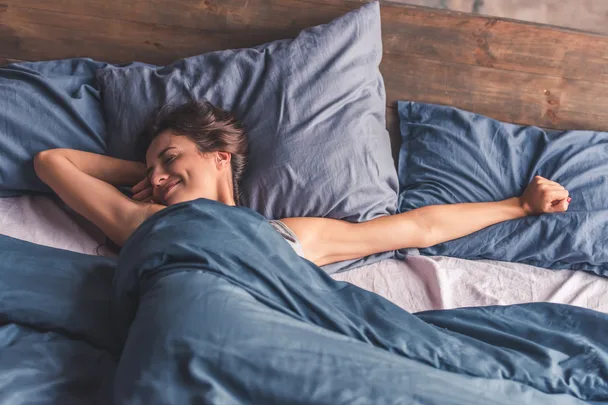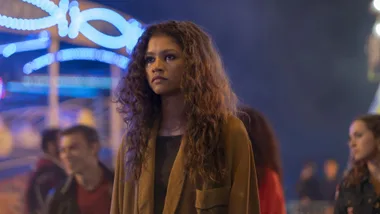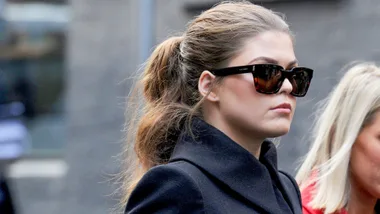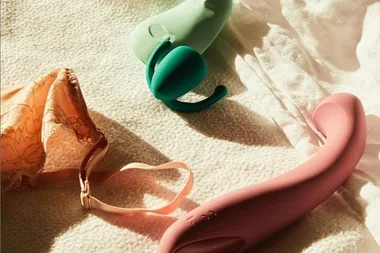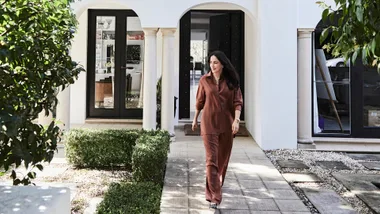From whipped instant coffee to soap brows and Bridgerton-inspired musicals, TikTok has been a treasure trove for viral hacks ever since it entered our social media worlds. But while the trends are usually fun and quirky additions to our daily lives, the most recent—courtesy of Dr Jess Andrade—means we’re all about to get a better night’s sleep.
The mind-blowing hack finally solves the divisive ‘should you be wearing socks to bed?’ debate, with @doctorjesss revealing that wearing socks on your feet can actually help you doze off faster.
“Wearing socks makes your feet warm and this opens up blood vessels that cool the body down,” she says in the now-viral video. “The body being cool tells the brain that it’s time for bed. So people who wear socks to bed tend to fall asleep faster.”
Check out the TikTok for yourself below.
The hack isn’t totally baseless, either. According to a study published in the Physical Behaviour scientific journal, the research found that “in adults, sleep-onset was accelerated by [wearing] warm and neutral bed socks after lights-off and correlated to the increase in foot temperature”.
In another 2018 study, published in the Journal of Physiological Anthropology, researchers discovered that “feet warming using bed socks during sleep in a cool environment had positive effects on sleep quality by shortened sleep onset, lengthened sleep time, and lessened awakenings during sleep but had no significant influence on core body temperature.”
Dr Andrade also shared another method to get a better night’s sleep, called the “10-3-2-1-0 method”, where each number is used as a cut off point to help you unwind.
It states:
10 hours before bed: No more caffeine
3 hours before bed: No more food or alcohol
2 hours before bed: No more work
1 hour before bed: No more screen time
0: The number of times you hit the snooze button in the morning
Other powerful tools to help you to fall asleep at a reasonable hour (and off TikTok!) is by ensuring you’re reducing your time on technology prior to bedtime—a trick that both Jennifer Aniston and Gwyneth Paltrow reportedly swear by.
And there is science to support this theory, with a five-year-long study revealing that the blue light exposure from technology during sleep can disrupt the circadian rhythm (body clock) and lead to weight gain.
Moreover, the devices themselves have been found to be overly stimulating, thereby reducing the actual quality of sleep and consequently the ability to function optimally the next day.
Good luck, and sweet dreams!
